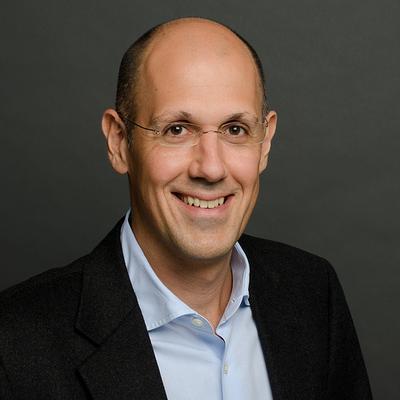ME Seminar on "Integral equation formulations for Stokesian particulate flows"
Events | Mechanical Engineering
ME Seminar on "Integral equation formulations for Stokesian particulate flows"
April 13, 2015 8:30 AM

Speaker
Dr. George Biros, Mechanical Engineering & Computer Science, University of Texas at Austin
Location
**ELINGS/CNSI ROOM 1601**
Type
Seminar
ABSTRACT:
The Stokes equations model the motion of a viscous incompressible fluid that has negligible inertia. Particulate flow models regard the interaction of a fluid with rigid or deformable particles. Stokesian particulate flow models are used extensively in many applications in science, engineering, and medicine. Examples include modeling of dynamics of bubbles and droplets, blood flow, particle deposition in the lungs, and the dynamics of intracellular and extracellular vesicles. We are interested in developing fast algorithms for such problems, in particular vesicles.
I will describe a fast solver for Stokes fluids interacting with deformable particles. The basic goal in designing a numerical method is the ability to guarantee certain accuracy levels in reasonable time. The main difficulties are related to robust mesh generation for three dimensional complex geometries and to the efficient solution of the associated linear systems. I present a method that is based on a classical Fredholm integral equation formulation. The main components of the new method are a kernel-independent fast summation method, a manifold surface representation, and a superalgebraically accurate quadrature method. Finally, I will discuss time-stepping and stability restrictions, and present numerical results that demonstrate the effectiveness of the overall algorithm for vesicle flows.
BIO:
George Biros is the W. A. ``Tex'' Moncrief Chair in Simulation-Based Engineering Sciences in the Institute for Computational Engineering and Sciences and has Full Professor appointments with the departments of Mechanical Engineering and Computer Science (by courtesy) at the University of Texas at Austin.
From 2008 to 2011, he was an Associate Professor in the School of Computational Science and Engineering at Georgia Tech and The Wallace H. Coulter Department of Biomedical Engineering at Georgia Tech and Emory University. From 2003 to 2008, he was an Assistant professor in Mechanical Engineering and Applied Mechanics, Bioengineering and Computer and Information Science at the University of Pennsylvania. He received his BS in Mechanical Engineering from Aristotle University Greece (1995), his MS in Biomedical Engineering from Carnegie Mellon (1996), and his PhD in Computational Science and Engineering also from Carnegie Mellon University (2000). He was a postdoctoral associate at the Courant Institute of Mathematical Sciences from 2000 to 2003. Biros was among a team of researchers that won the IEEE/ACM SC03 and SC10 Gordon Bell Awards for special Achievement.
HOST: Prof. Frederic Gibou